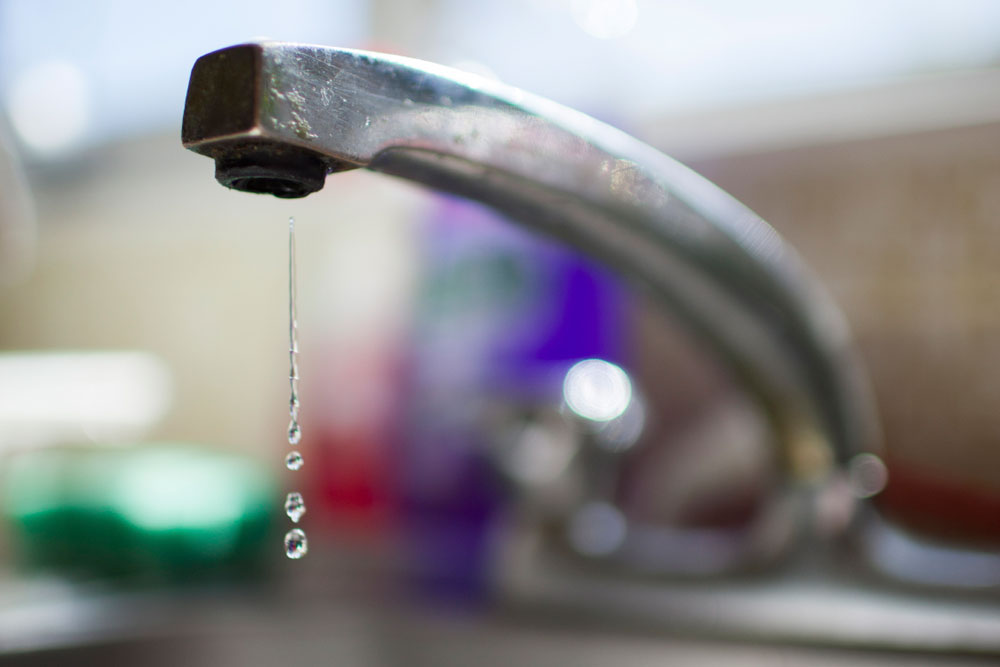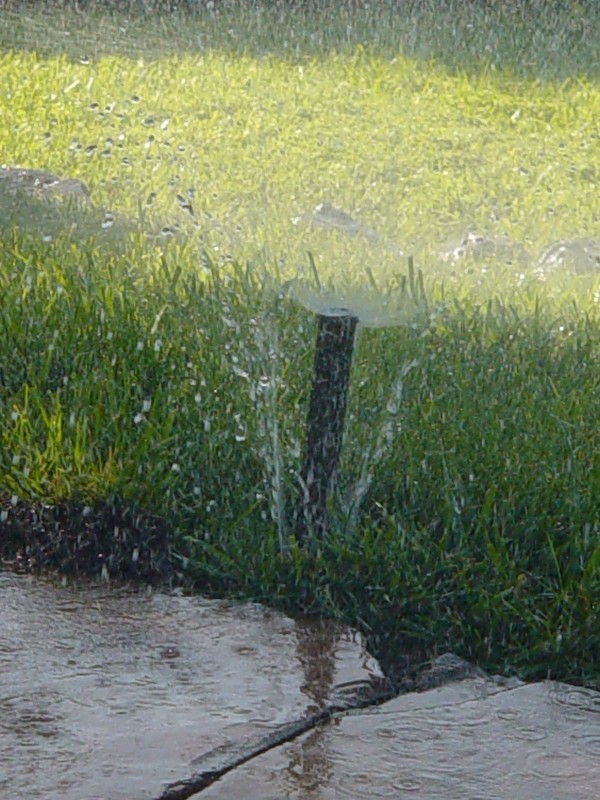The Top 5 Typical Sources of Water Leaks
The Top 5 Typical Sources of Water Leaks
Blog Article
Every person maintains their own conception in relation to Reasons for Water Heater Leaks.

"Be careful of little expenditures. A little leak will certainly sink a fantastic ship." - Benjamin Franklin.
He couldn't have been much more ideal due to the fact that water leakages in our residences lead to a waste of sources, enhancing our water bills. This rise may seem negligible at first, it can lead to substantial costs that can break your financial institution. Other than a boost in costs, water leaks additionally trigger unwanted natural growth, architectural damage, as well as also electrical risks.
Finding out if you have a water leak isn't always very easy due to being not able to see a lot of the pipework in your home. However, If you have had a boost in your water expenses recently, saw water spots on ceilings as well as wall surfaces, scented poor smell, etc. You could intend to consider requesting plumbing solutions to get it looked into.
There are numerous sources of water leakages, as well as we have compiled the common factors listed below. Inspect to see if you have had relevant problems in your home just recently.
Weakened pipeline joints
Pipe joints are the parts of our plumbing system where the pipelines attach. It is necessary to note that even though pipes are made to withstand stress as well as last for a while, they weren't developed to last permanently; consequently, they would deteriorate over time. An usual indicator of harmed pipeline joints is too much sound from taps.
High water pressure
You noticed your residence water stress is greater than typical but after that, why should you care? It's out of your control.
It would be best if you cared because your typical water stress should be 60 Psi (per square inch) as well as although your home's plumbing system is created to endure 80 Psi. A rise in water stress can put a stress on your residence pipes and also lead to fractures, or worse, burst pipelines. If you ever discover that your residence water pressure is greater than normal, get in touch with a specialist about controling it.
Corrosion
As your pipework gets older, it gets weak and also more susceptible to corrosion after the constant flow of water through them, which can eat away at pipes and trigger fractures. A visible indication of corrosion in your home plumbing system is discoloration and although this could be tough to discover due to a lot of pipes hidden away. Once they are old to make sure a sound plumbing system, we suggest doing a frequent examination every few years as well as transform pipes
Obstructed drains pipes
Food particles, dust, and grease can trigger stopped up drains as well as obstruct the flow of water in and out of your sink. If undealt with, increased stress within the seamless gutters can create an overflow and also finish up breaking or rupturing pipes. To prevent clogged drains in your house, we suggest you to prevent pouring bits down the drain as well as normal cleansing of sinks.
Broken seals
An additional root cause of water leakages in houses is damaged seals of residence devices that use water, e.g., a dishwasher. When such home appliances are installed, seals are set up around water connectors for very easy passage of water via the maker. Thus, a busted seal can cause leakage of water when in operation.
With little or no understanding of plumbing, recognizing your residence's plumbing system enough to repair a few of these problems (without effect) can be an inconvenience. Connect with plumbing experts in Pittsburgh, Providence, Rochester, and environ today, and also they'll make those concerns go away.
He could not have been much more appropriate due to the fact that water leakages in our houses result in a waste of resources, boosting our water expenses. If you have had a rise in your water bills recently, saw water spots on ceilings and also wall surfaces, smelt poor smell, and so on. An increase in water pressure can place a strain on your house pipelines and also lead to cracks, or worse, burst pipes. An additional reason of water leakages in homes is damaged seals of residence appliances that make use of water, e.g., a dishwasher. When such appliances are set up, seals are mounted around water adapters for easy flow of water with the maker.
5 TIPS IN DETECTING A WATER LEAK IN YOUR HOUSE
Water leaks can be hard to find in your home, yet they can be so common. We rely on water every day in our home, which is why a leak can cause big problems. By detecting them early, you can save money and further damage, getting the problem fixed as soon as possible. Here are 5 tips to help you detect a water leak in your home, so you can contact a plumber straight away and get the issue sorted.
Check your water meter
Many people underestimate the value of the water meter in their home. It can be one of the best ways to tell if you have a leak early on, so you can get on top of it before issues start arising. Start by turning off all the water in your home: taps, washing machine, dishwasher, etc. Now take a look at the meter – if it’s still changing with everything turned off, it’s likely you have a fast-flowing leak that you need to get on top of straight away. If nothing changes, then leave your meter for an hour or two and come back to it. Did it change in this time? It’s likely you have a slower leak, which isn’t as urgent but still handy to get fixed so it doesn’t become a bigger problem.
Keep an eye on your bill
Another good way to detect a leak in your home is by keeping an eye on your water bill. It helps if you have a past bill from the same period of time. You can compare like for like and determine whether your water usage has increased significantly. If it has, there may be a leak in your system that you haven’t picked up before. A professional plumber can check through all of your pipes and determine where it is coming from.
Look for damage
If you have a leak inside your home, you will notice damage over time. Take a look at your showers and bathtubs and note whether any of the tiles surrounding the area seem to be discoloured or damaged in any way. There may be water stains, mould or peeling material that has resulted from a build up of moisture over time. Make sure you take a look under sinks at the back of cupboards that don’t get accessed regularly. This is where damage can go unnoticed and build up over periods of time.

I recently found that page on How to Find and Prevent Water Leaks in Your Home when doing a search on the search engines. Sharing is nice. Helping people is fun. Thank-you for your time spent reading it.
Order Repair Report this page